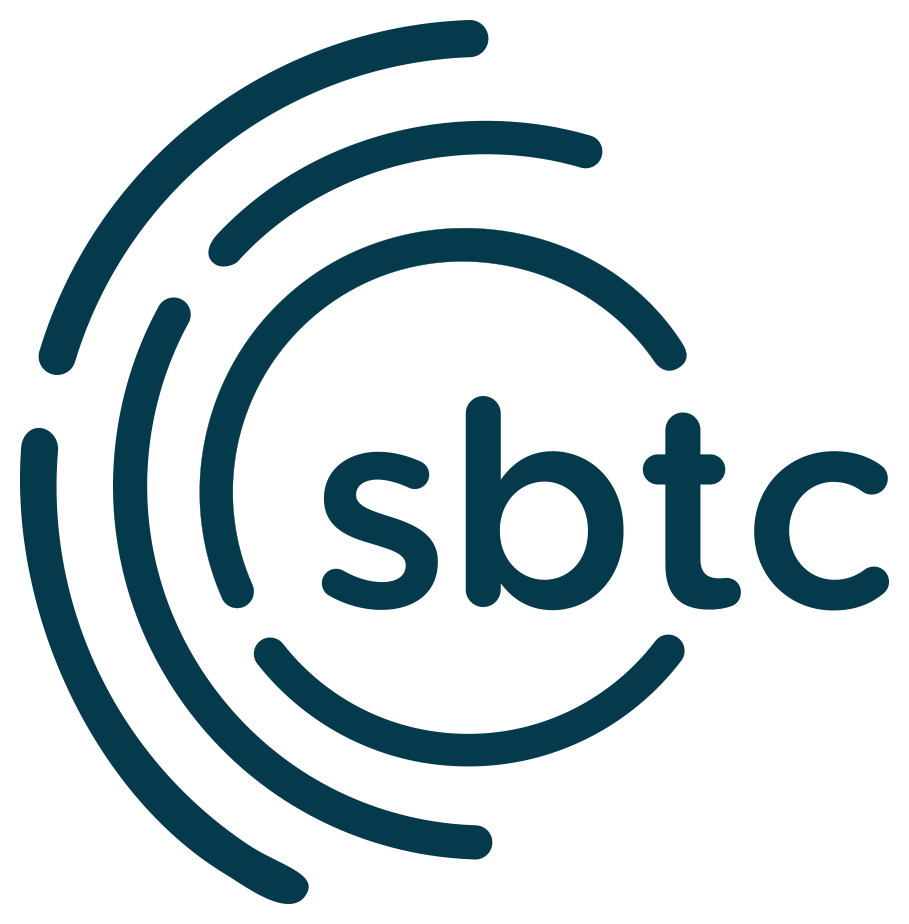This is part 4 of the College Mental Health Kit series by Redeemer College Ministry. They have developed a series of social media posts to equip their students in mental health during this time.
Part One | Part Two | Part Three
In this final post we want to address the relationship between our body and soul by talking about spiritual health.
The reality is that we get to live in a time where there are so many resources available at our fingertips to help us grow into really spiritual healthy people. But “soul care” isn’t simply about growing in knowledge or in discipline … It is about growing in intimacy, love, and devotion to the Lord Jesus. Our spiritual health is in direct correlation to the love we have for God and his Word.
Our spiritual health is in direct correlation to the love we have for God and his Word.
Simply reading books, memorizing Scripture, and being able to discuss theology is not real spiritual health. We should use our minds to know God, of course, but we must ask God to use it to transform our hearts to become more and more like Jesus. We believe this can be done by:
- Communing with God
- Communing with the church
- Communing with non-Christians
Communing with God
One of the things we often hear students say is that communing with God is challenging outside the context of the local gathering. They feel connected to God when they are with their small group, in the Sunday service, or worshipping at their mid-week gathering, but in their day-to-day it can be hard to want to pray or pick up the Bible because God seems far or it seems too hard to know what they should do.
This tool was created to help clarify as well as explain the importance of communing with God—Father, Son, and Holy Spirit. Things such as engaging the Father in prayer daily and enjoying the Lord in the day-to-day help to develop a life that is truly lived with God. We also reminded students of the importance of daily Bible reading. If we truly believe that the Word of God is our sword in the battle for holiness in this world, and that Jesus really is the Bread of Life and true sustenance to our lives—and to know him is to submit to his Word— then to not engage in the Bible is to be unarmed and malnourished.
The spiritual discipline we partnered with this tool is the discipline of worship. We believe that worship is the daily, private, and corporate surrendering of ourselves over to God in light of who he is and what he has done for us in Jesus. This discipline specifically has the assumption of being engaged primarily in congregational settings, but worship is meant to be experienced on an individual and private level, all the time.
The concept of pausing to surrender our lives and our hearts to him in awe and wonder is one that will allow us to become healthy, joyful disciples who will multiple that into others. We challenged our students to ask themselves and each other: What daily routines can you begin to worship God in?
The concept of pausing to surrender our lives and our hearts to him in awe and wonder is one that will allow us to become healthy, joyful disciples who will multiple that into others.
Communing with the church
The gathering of the church is an event that we have taken for granted in the past–but in these times of social distancing, we are seeing the need for communing together as the body. We are designed for relationship! Though communing has to look a little different in this season, the three main principles of communing with the church remain the same.
We are designed for relationship!
First, we should continue the practice of serving the church, as well as giving of our finances and our time to the advancement of God’s kingdom here on earth as it is in heaven.
Second, we should actively seek to meet the needs of our “neighbors” (perhaps literally, or perhaps others whom God has placed in our lives), whether that is picking up groceries, watching kids, delivering mail, or just checking in and praying for them.
Lastly, we should continue to gather corporately through creative and unique ways so that we may continue to pray and worship together.
This may mean a small group of 10 at a single home, a Zoom call with worship, or tuning in to broadcasted Sunday gatherings. Even though these things may be hard to connect to, these unique gatherings are feeding our souls because we get to witness and participate in worship and fellowship with other believers.
The spiritual discipline we partnered with this is serving. When the concept of serving is brought up, the synonym usually partnered with it is volunteering. However, serving is actually the natural response to give of one’s life for the benefit of others out of a belief in the gospel of Jesus. To serve in the way God delights is to serve from the overflow of a heart that has experienced Jesus’ ultimate service to us. We challenged our students to practice self-examination and look to see where their motivation was lying. Are they serving to earn the approval of others, or out of a love and devotion to Jesus because of the freedom he has purchased for them? To whom can they be a reflection of Jesus this week through serving?
Communing with non-Christians
As believers in this strange time, our interactions with non-believers have either decreased dramatically or increased dramatically. Maybe the people you share a home with now are all Christians; maybe none of them are. Even if your relationships are primarily Christian right now, we still need relationships with people who are not followers of Jesus.
Communing with non-Christians is such a vital gift in each Christians life. These relationships spur us on to love, to share the hope we have been given, and to draw our eyes back to the One who has given us new life.
In the season of COVID-19, this could look like intentionally praying for those in our lives who don’t yet know Jesus, initiating gospel conversations (even over Zoom!), as well as through just being active listeners and question-askers. Non-Christians and Christians alike just want to be “seen.” Establish trust and be a good friend, because they aren’t projects. They are eternal souls who need to hear the good news of Jesus, yes, but they also need to experience it through our friendship.
Establish trust and be a good friend, because they aren’t projects.
The spiritual discipline we chose for this tool is mission. We defined mission as the proclamation and discussion of the gospel to those who do not yet know or believe the gospel of Jesus. We believe mission should flow from personal worship—from one’s own belief in the good news of Jesus Christ. Jesus didn’t tell us to go make disciples of every nation just because he said so (though he could have). He told the disciples this as they “worshipped him” (Matthew 28:16).
To truly experience the gospel for ourselves starts a domino effect in our hearts to share this incredible news with others. It is not the act itself, but is the overflow of the transformation we have experienced as the gospel has come to us. We challenged our students to engage with this spiritual discipline by asking them: What might be preventing you from “overflowing” this good news to those around you? Who is one person in your life you want to share the good news of Jesus with today?
This series has challenged our staff to lead out in modeling healthy habits and actively pursuing spiritual disciplines in order that we might grow in intimacy with Jesus and be transformed more and more into his likeness. However, more than changes in routine, behavior, or discipline, this series helped us to really pause in this season and ask ourselves some hard questions:
- What is the purpose of our ministry?
- Is the gospel at the center of everything we teach?
- Are we helping our students learn to nourish themselves in the Word, or are we spoon feeding them to be dependent on us for growth?
- In what ways can we encourage more holistic care—body, mind, and soul— to help our students worship Jesus more fully?
This has also caused us to really bring our students to the feet of the Lord in prayer. We can trust him with their bodies, their minds, and their souls. He loves them and knows them much more than we can dare to think or imagine. We are simply tools used by him for his glory to equip them for life-long devotion to him and his mission.
We hope that this will help your staff pause, evaluate, ask the hard questions, and allow you to bring your students to the feet of our Good and Faithful Shepherd.
Redeemer College has been generous and is offering FREE social media graphics for you to use in your ministry to college students to help educate and equip your students to deal with mental health. Get your FREE graphics







